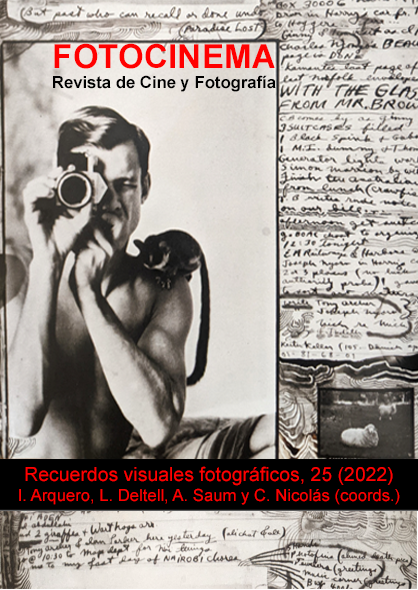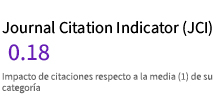Dance as a weapon of protest. Dialogue with Nacho Álvarez about his first film Explota Explota Explota (2020)
DOI:
https://doi.org/10.24310/Fotocinema.2022.vi25.14422Keywords:
Spain, musical, dictatorship, dance, protestAbstract
Explota Explota is the first film by Nacho Álvarez with Ingrid García-Jonsson, Verónica Echegui, Fernando Guallar. It was released in Spain when theaters reopened during the pandemic in the fall of 2020. The film tells the story of Maria (Ingrid Garcia-Jonsson) who leaves her future husband at the altar of a church in Rome to go to Madrid, a kind of initiatory journey in which she befriends Amparo (Veronica Echegui) before falling in love with Pablo (Fernando Guallar), a television employee, but not just any one, as he is the son of the official censor. It is a musical whose soundtrack, composed of songs by Raffaella Carrà, is a tribute to the admired artist of Nacho Álvarez. But make no mistake, the film is not a biography of Raffaella, although there are several allusions to her life, and she even appears in a cameo at the end. Raffaella's songs have shaped the script of the film, as well as the characters that evolve in a scenario at the end of Franco's dictatorship (1939-1975), in 1973, a time when censorship was still in force. In fact, the film deals with complex issues such as censorship, sexism and dance as an art of rebellion.
Downloads
Metrics
References
Downloads
Published
How to Cite
Issue
Section
License
All contents published in Fotocinema Revista científica de cine y fotografía are protected under the Creative Commons Attribution-NonCommercial-ShareAlike 4.0 International (CC BY-NC-SA 4.0) license. All about this license is available in the following link: <http://creativecommons.org/licenses/by-nc-sa/4.0>
Users can copy, use, redistribute, share and exhibit publicly as long as:
- The original source and authorship of the material are cited (Journal, Publisher and URL of the work).
- It is not used for comercial purposes.
- The existence of the license and its especifications are mentioned.
There are two sets of authors’ rights: moral and property rights. Moral rights are perpetual prerogatives, unrenounceable, not-transferable, unalienable, imprescriptible and inembargable. According to authors’ rights legislation, Fotocinema. Revista científica de cine y fotografía recognizes and respects authors moral rights, as well as the ownership of property rights, which will be transferred to University of Malaga in open access. The property rights are referred to the benefits that are gained by the use or the dissemination of works. Fotocinema. Revista científica de cine y fotografía is published in an open access form and it is exclusively licenced by any means for doing or authorising distribution, dissemination, reproduction, , adaptation, translation or arrangement of works.
Authors are responsable for obtaining the necessary permission to use copyrighted images.













13.png)



